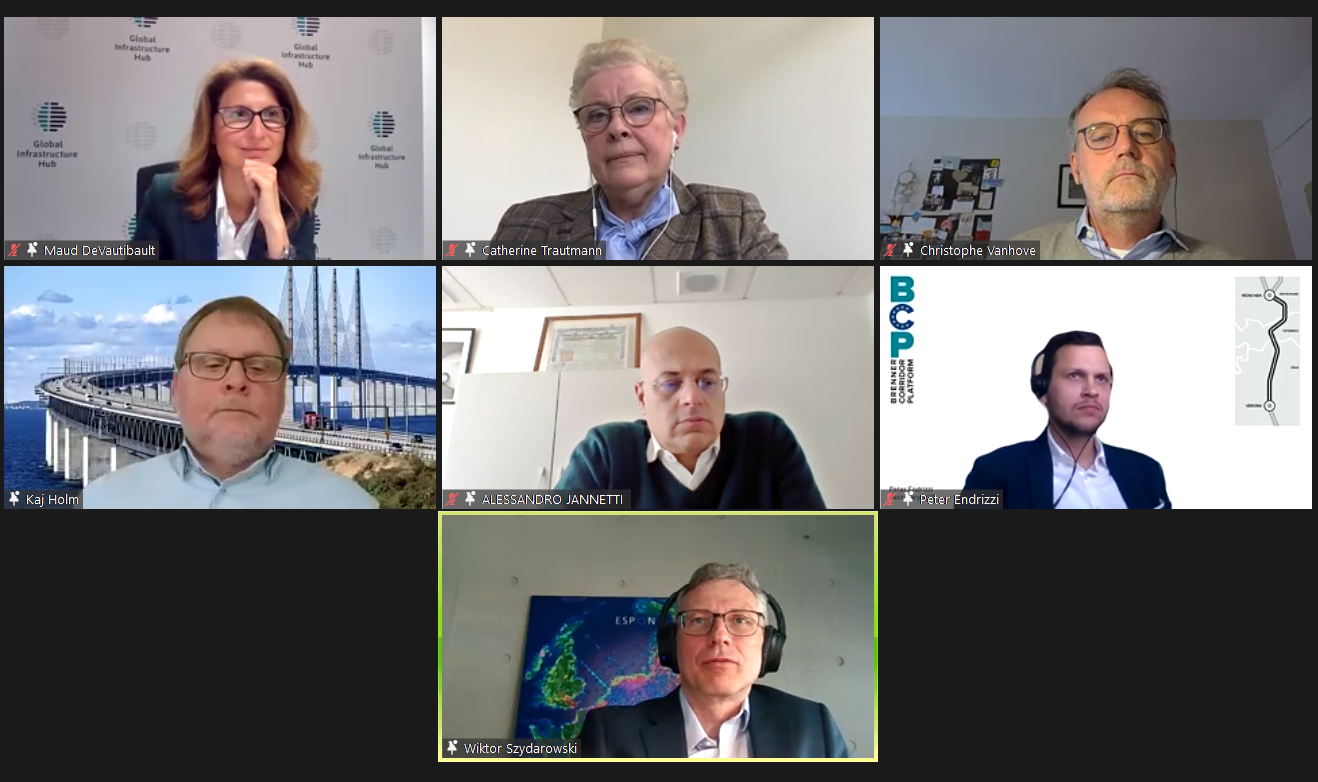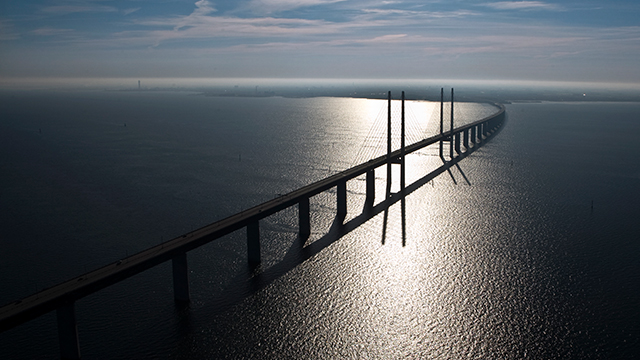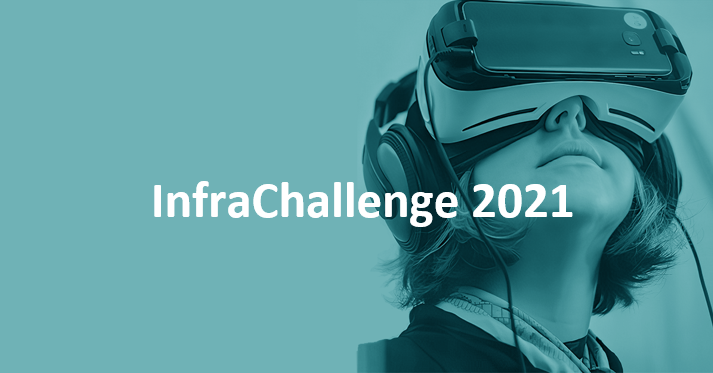749 results found
Featured results



More results
Last week Maud de Vautibault, Director of Practical Tools and Knowledge at the Global Infrastructure Hub participated in a roundtable discussion with the World Association of PPP Units and Professionals (WAPPP)
Global Infrastructure Hub recently hosted a presentation and panel discussion of Connectivity across Borders, our latest reference guide, which presents global practices for the successful delivery of infrastructure that crosses national borders.
David Baxter discusses how climate change and COVID-19 reveals an urgent need for resilient infrastructure.
Discover how you can get involved with InfraChallenge 2021, applications close 12 March.
The Global Infrastructure Hub (GI Hub) strives to be an organisation where the different backgrounds and perspectives of our people contribute to diversity of thought and approach, enabling us to better live our values and achieve our mission. This diversity includes gender diversity with an awareness of our particular ability to bring attention to the need for gender equality and inclusion in infrastructure.

On average, around 40% of the primary infrastructure transactions that involve private sector participation also involve a public institution. However, this varies by income group.


Policy and regulatory implications of recent advances in the benchmarking of infrastructure investments.
As stimulus spending ramps up, a ten-year trend study shows private investment in new infrastructure has declined since 2010.
A recent webinar co-hosted by Jacobs and the Global Infrastructure Hub focused on turning inclusivity frameworks into practical results in infrastructure planning and delivery.
Cross-border infrastructure is essential for connectivity. The GI Hub has created a reference guide that presents key learnings and global practices for successful cross-border projects, drawing from a comprehensive literature review, analysis of case studies and the input of international experts in cross-border projects.
The future of infrastructure mega-projects was explored recently by an international panel of experts in a webinar co-hosted by the Columbia University School of Professional Studies and Global Infrastructure Hub. The event took place as the global community begins looking towards a period of post-pandemic recovery and what the future of infrastructure may look like.
InfraChallenge is looking for practical and scalable tech-based ideas for building and maintaining better, more resilient infrastructure.
How can hospital PPPs learn from the past to adapt for a post-COVID world?
Cost SAR 50 Million The project is fully funded by the government
The Small Cities Sanitation Programme is a EUR 150 million programme undertaken by the Office National de l’Assainissement, (“ONAS”, the Company”) to build 24 new wastewater treatment plants (“WWTP”) and rehabilitate and upgrade the sanitation network (including 862 kilometres of new primary and secondary networks and construction of 30 new pumping stations) to EU equivalent standards in 33 Tunisian cities of less than 10,000 inhabitants (the “Project”).
Parties involved (public and private): Egyptian National Railways ?ENR?, Ministry of Transport, Ministry of International Cooperation, Ministry of Finance.
Benban Solar Park is the largest park of its kind in Africa and one of the largest in the world housing 32 solar projects with a total capacity of 1,465 MWac helping to reduce the country?s CO2 emissions by more than 1.9 million tonnes per year.
To date, 112 IPP projects have been procured from four bidding round windows with further windows expected to be announced in the future
The Gauteng Province embarked on a project to implement a state-of-the-art rapid rail network in Gauteng.










 Infrastructure Monitor 2020
Infrastructure Monitor 2020







